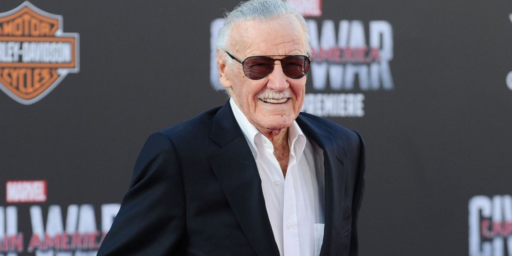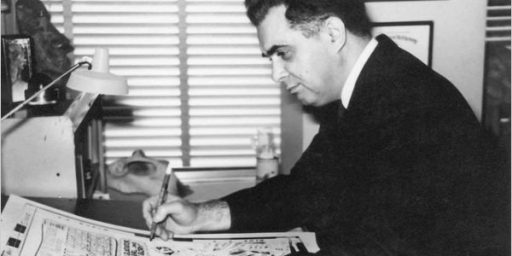Larry Summers Resigns as Harvard President
Larry Summers is stepping down as Harvard’s president at the end of the academic year.
Lawrence H. Summers, the president of Harvard University, said today that he would step down at the end of the academic year. Dr. Summers will likely take a yearlong sabbatical and then return to Harvard as a distinguished professor of economics and public policy, the university said in a prepared statement.
Derek Bok, who served as president of Harvard from 1971 to 1991, will serve as interim president, beginning in July and until a search for a new president is completed.
The president’s decision came after several weeks of agitation by many members of the faculty of Harvard’s largest school, who were upset over the resignation of their dean, William C. Kirby, late last month. Many of the professors, who are part of Harvard’s Faculty of Arts and Sciences, accused Dr. Summers of having forced out Dr. Kirby. They scheduled a vote of no confidence in Dr. Summers for their next faculty meeting, on Feb. 28. The decision to step down came from Dr. Summers after he decided that his situation had become untenable, a university official said.
Truly a shame. Summers was challenging the orthodoxy, which is a necessary thing even at a place like Harvard.
Summers’ resignation letter continued the push:
Believing deeply that complacency is among the greatest risks facing Harvard, I have sought for the last five years to prod and challenge the University to reach for the most ambitious goals in creative ways. There surely have been times when I could have done this in wiser or more respectful ways. My sense of urgency has stemmed from my conviction that Harvard has a special ability to make a real difference in a world desperately in need of wisdom of all kinds.
Harvard has a brilliant faculty, a fact that will be even more true when Summers rejoins it. There is, however, as with any such body, complacency and a sense of entitlement. Summers’ brusqueness, as he admits, did not serve him well in trying to shake that up. That goal remains laudable, though.
Alumnus Matt Yglesias argues that “institutional politics” were much more a factor in the faculty’s discontent with Summers than his “occassionally controversial political statements.” Having been on college faculties, albeit at less noteworthy institutions, I suspect he’s right.





Given how many academics pride themselves on challenging their students to question their assumptions, it’s regrettable how some Harvard profs reacted to the same treatment.
The thing that brought him down was not “challenging orthodoxy” (whatever that means)–it was the fact that he was using university funds to defend one of his economics faculty buddies from charges that he defrauded the US government.
Harvard settled with the feds for more than $20 million and Summers’ buddy was promoted. Summers basically kept the whole thing under wraps.
Using the university’s funds to support a crook seems pretty troublesome and unworthy of someone who is a university president.